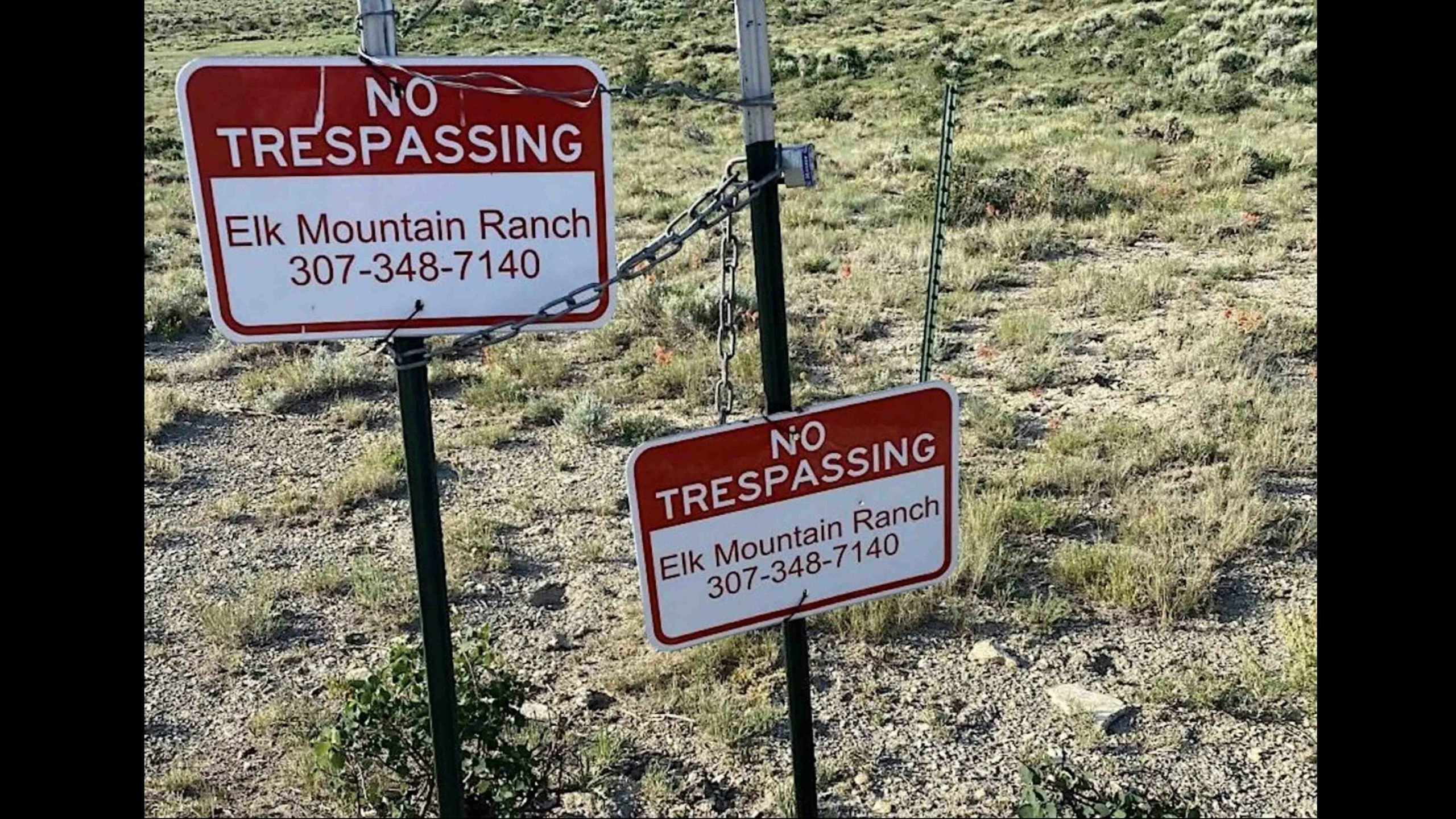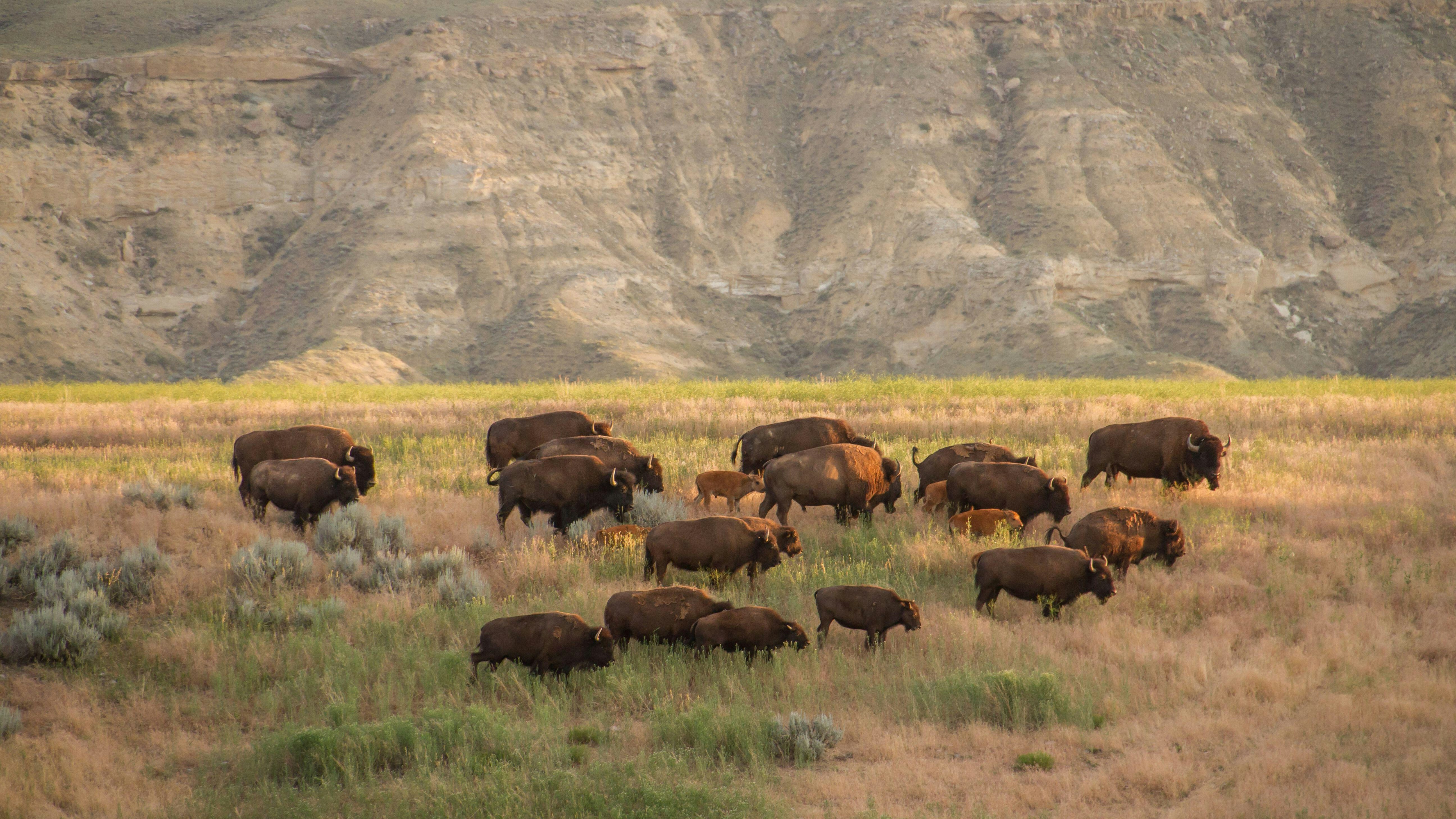A jury’s decision that four hunters did not break trespassing laws when they moved from one piece of public land to another may not have an enormous impact on federal land access laws, according to several experts.
However, a lawsuit pending in federal court over the same issue could have historic implications, they said.
Last Friday, four hunters from Missouri were found not guilty by a Carbon County jury for all criminal trespassing charges filed against them for allegedly crossing into the airspace of the Iron Bar Ranch.
The four were charged with trespass even though they used a ladder-like device to move from one piece of public land to another without touching the private property.
An attorney for one of the hunters, Katye Ames, said while the verdict was a victory for her client, it meant little as far as future cases go.
The verdict doesn’t set legal precedent and won’t keep Carbon County Attorney Ashley Davis from filing trespass charges in similar cases in the future she said.
“People could still be cited for this behavior,” Ames said.
William Pendley, acting director of the Bureau of Land Management from 2019 to 2021 under former President Donald Trump, said he supported the jury’s decision.
“In this case it appears the hunters went out of their way to ensure they remained on public land,” he said.
He added a guilty verdict from the jury might have deterred tourists from choosing Wyoming as a destination for their next hunting trip.
Ames said although she has not spoken to any of the six jurors yet, she thought it likely they found fault with the prosecution’s case.
“They are on public land, trying to be on public land, this shouldn’t be a crime,” Ames said. “The public thinks this is ridiculous. It’s some rich guy trying to control the land.”
Iron Bar Ranch is owned by North Carolina businessman Frank Eshelman, who Forbes estimated had a net worth of at least $380 million in 2014.
Meanwhile, Karen Budd-Falen, who previously worked in the Trump Administration and has represented many property owners in private property rights disputes, opposed the jury’s decision.
Budd-Falen said the Wyoming Game and Fish “Access Yes” program is specifically designed to grant hunters and fisherman access to private, state and landlocked public lands with the participation of private property owners.
She also said local authorities have no right to enforce the federal laws the hunters claim they were infringed.
“They would have to go to the U.S. Attorney for that,” she said.
The three agreed however, that the question of whether corner-crossing is legal activity will likely be decided by the ongoing federal court case related to trespassing case. In that case, pending in U.S. District Court, Iron Bar has filed a lawsuit against the hunters, seeking damages for trespassing.
“It’s a big deal as far as private property rights,” said Budd-Falen said.
Budd-Falen said the future of private airspace will be influenced by the federal decision and may affect, in particular, the laws implemented regarding the flying of drones.
“I believe you own your private airspace above you until you reach a certain height,” Falen said. “That case will have an impact.”
Falen, Pendley and Ames — who is not representing the hunters in the federal case — all agreed that the civil matter still pending will hold more of a lasting legacy when it comes to this complicated issue, a matter of great importance to many Wyoming residents who hunt and recreate on public lands.
“I’m optimistic the outcome of that will be in our favor,” Ames said. “I think that will make future criminal charges void.”
Iron Bar has requested the federal case be remanded back to Carbon County, a move the defendants have opposed but Budd-Falen supports, saying the case might be viewed differently by a new jury.





